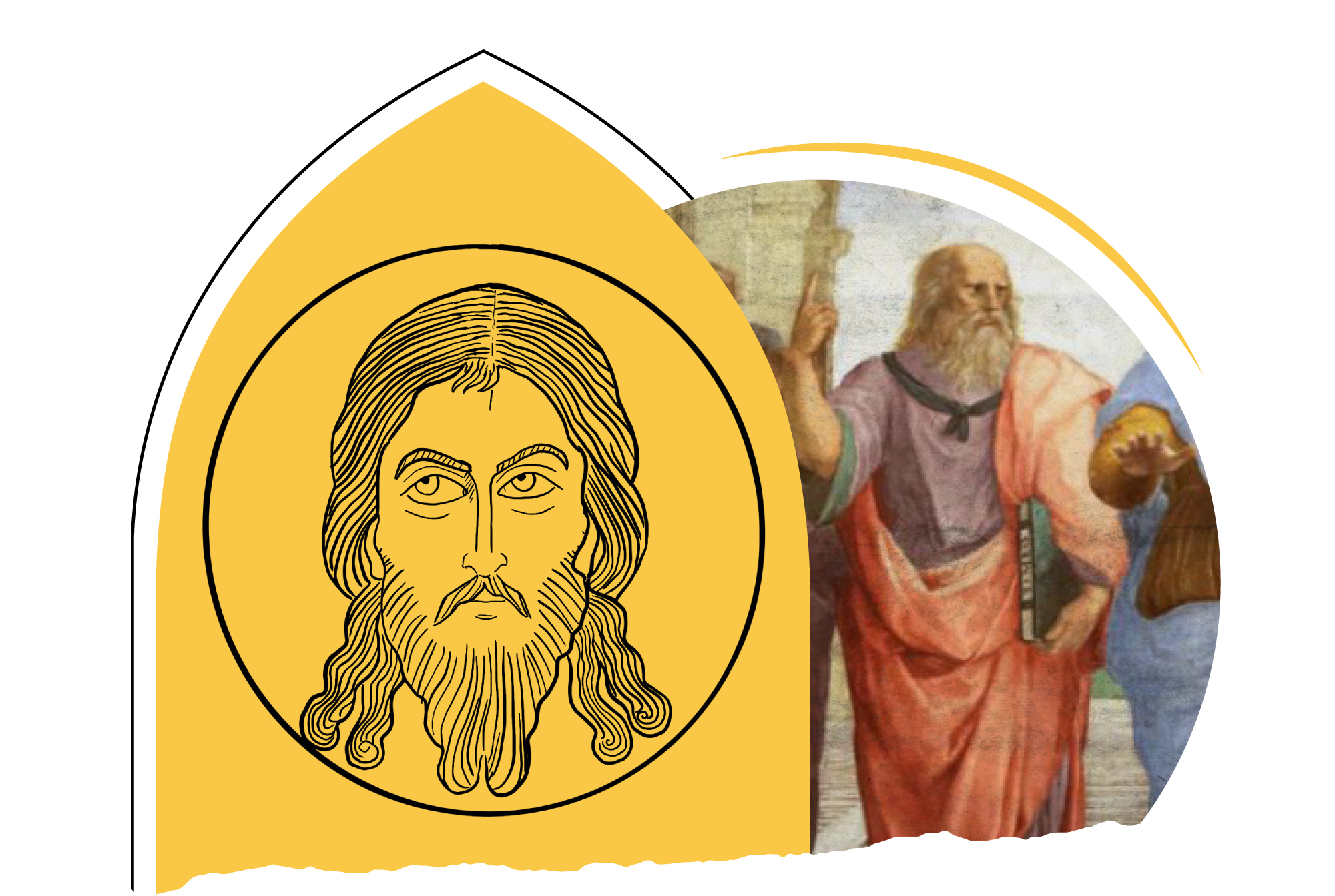
Esotericism’s Assassination Crimes
Sedition and Separation in Islamic History
Corrupt interpretation of Qur’anic text necessarily leads to the corruption of opinion, which ends up with malpractice. Interpretation then becomes the satiated understanding and the followed action. Persian esotericism was of the opinion that it is impossible to empower its corrupt beliefs outside the religious framework and sought to adopt demolition tactics from within by claiming affiliation and following the example of some righteous companions and imams.
Esotericism found in the Platonic understanding a basis to conceal its false doctrines and reveal them only to the elite. Here we find that Plato “was presenting one idea in different terms, giving each of them different or contradictory meanings, especially when he spoke about divine matters, mentioning that it is impossible to reveal it to all people, because the light that flows from this truth dazzles the eyes of the public”.
Perhaps one of the most important manifestations of esotericism is Al-Taqiyyah with its Platonic reference. It is that trait concerned with dropping ordinances and allow the abundance of authorship and permitting taboos secretly and disavowing them openly. On this point, Abu Hamid al-Ghazali said: “It is from them that absolute permissibility, the lifting of veil, the permissibility of prohibitions and t the denial of sharia are taken, yet they all deny that such matters are attributed to them”.
Esoteric allegations are exposed by the truth of their corrupt belief, which leaked from the private to the public. It is sufficient to say that esotericism finds interpretation in the text for any corruption in opinion or anomaly in action, to the extent of permitting dignity assault in absolute. They advocated the forbidden in all forms.
Referring to the historical contexts in which that off thought was formed, narratives conflicted about the origin of this malicious plant and its first founder. Explanation and details would be too lengthy and would take us away from the point of research. However, the lack of detail does not preclude some origination, focusing on a strange person that sources claim to be the first founder of esoteric ideas, who is known as Abd Allāh b. Maymūn al-Qaddāḥ. According to that claim, Al-Qaddāḥ was one of the followers of Abu Al-Khattab, who founded a sect under the name of Maimonides. He was also a supporter of Ibn Disan, the head of the famous heretics of Harran, and the founding dualist of the Christian Gnostic doctrine of Disani. Then the story develops even further with Ibn Maimonides, who claimed to be a prophet and backed that claim by practicing sorcery and tricks. He also organized a movement and established a system of beliefs that consist of seven stages culminating in moral decay and atheism.
Al-Qaddāḥ’s teachings have turned into a constitution approved by some esoteric sects and the Ubaid state, which are organizations that strive to destroy Islam on the grounds that it is responsible for the breakup of the Persians and the fall of their empire.
About the motives of Al-Qaddāḥ and his political goals, Anwar Al-Jundi provides an important reading in the backgrounds of Al-Qaddahi’s thought, saying: “Western historians, such as De Sassi and Demog in particular, confirm that Allāh b. Maymūn al-Qaddāḥ had a political motive in eliminating the authority of the Arabs and the Islam religion that brought them that authority, so as to restore the ancient glory of Persia once again”. In his book (The Late Abbasid Ages), Abdullah Al-Douri confirms the claim that Al-Qaddāḥ wanted to undermine Islam, so he ignited the esoteric concept among the masses. He formed the Qarmati sect that led to atheism and exploited the name of Ismail bin Jaafar Al-Sadiq to stir up a strong Shiite movement that transfers the authority to one of his descendants in the name of Al-Mahdi.
Esoteric key goals centered on the destruction of Islam, overthrowing its pillars and underestimating the rulings.

On his part, the esoteric Qayrawani mentions in his letter to Suleiman bin al-Hassan the following: “I advise you to push people towards questioning Qur’an, Torah, Psalms and the Gospel and to call them to nullify the laws and sharia, resurrection and the angels in heaven”. Then Qayrawani continues to reveal the wickedness of the call and the filth of the belief, saying: “There is not more surprising matter than a man who claims to be rational, then he has a sister or a beautiful daughter, while he has the prettiest wife, and yet he forbids his wife to himself and marries her to a foreigner who, as any wise man would see, should have that sister or daughter”.
Esotericism recorded their reputation by blood-shedding, treachery and betrayal as their sects set out to stab Islam from within in service of the Magi races’ beliefs, so as to lay the first foundations of esotericism. Their teams mastered the desecration of Muslims’ blood, honor and money and managed to establish countries that owe loyalty and belonging to their beliefs.
Therefore, throughout its history, esotericism has targeted the Islamic State’s centers of gravity by focusing on the assassination of influential elements in the political decision-making (the system of kingship, etc.), which is the same strategy adopted by any organization that claims belonging to Islam, implementing a terrorist agenda. Muslim Brotherhood organization used the same esoteric strategy when Sayyid Qutb adopted his malicious tactic against Gamal Abdel Nasser’s regime, calling is the “Head-Picking Theory.”


1. Abu Hamid al-Ghazali, Scandals of Esotericism, edited by Abd al-Rahman Badawi (Kuwait: Dar al-Kutub, 1964).
2. Farhad Daftary, The Ismailis: Their History and Doctrines, 2nd Edition (Beirut: Dar Al-Saqi, 2014).
3. Abdul Qaher Al-Baghdadi, The Difference Between Groups, (Cairo: Ibn Sina Library, 1988).
4. Muhammad al-Khatib, Esotericism Movements in Islamic World, 2nd edition (Riyadh: Dar Alam al-Kutub, 1986).

